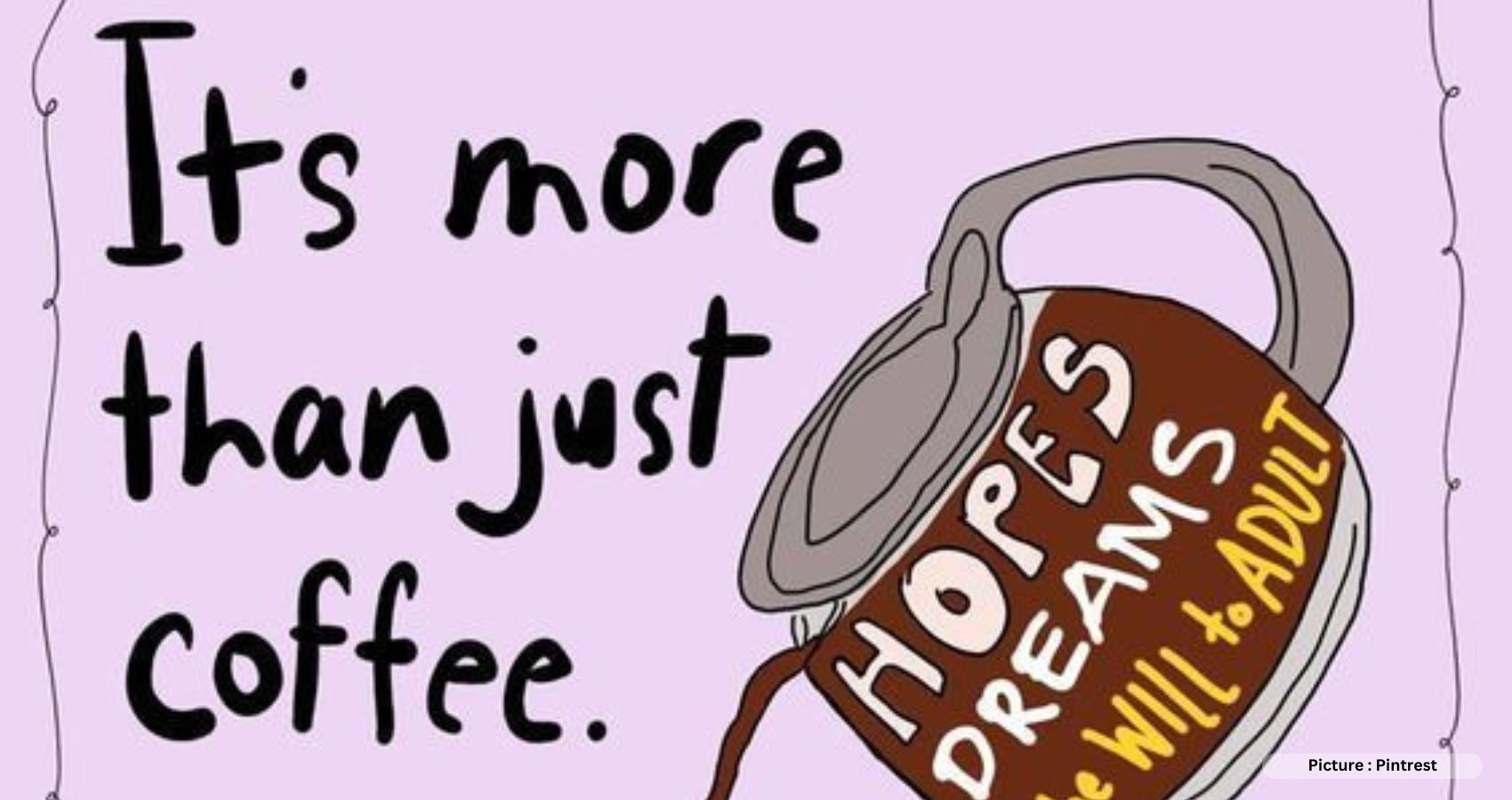For some individuals, the day doesn’t begin until their espresso cup is vacant. People drink coffee to wake themselves up and get more done because it is thought to make you feel more alert. Portuguese researchers concentrated on espresso consumers to comprehend whether that attentiveness impact is subject to the properties of caffeine, or whether it’s about the experience of drinking espresso.
“There is a typical assumption that espresso increments readiness and psychomotor working,” said Prof Nuno Sousa of the College of Minho, comparing writer of the concentrate in Wildernesses in Conduct Neuroscience and Field Boss Proofreader of the diary. ” It is possible to investigate the factors that may influence a biological phenomenon and even the potential benefits of that mechanism when you gain a deeper comprehension of the mechanisms that underlie it.
A kickstart with caffeine The researchers sought out individuals who consumed at least one cup of coffee per day and instructed them to avoid caffeine-containing foods and beverages for at least three hours prior to the study. They talked with the members to gather sociodemographic information, and afterward did two brief practical X-ray checks: one preceding and one 30 minutes after either taking caffeine or drinking a normalized mug of espresso. During the useful X-ray checks, the members were approached to unwind and allow their brains to meander.
In light of the realized neurochemical impacts of drinking espresso, the researchers expected that the utilitarian X-ray sweeps would show that individuals who drank espresso had higher joining of organizations that are connected to the prefrontal cortex, related with chief memory, and the default mode organization, associated with thoughtfulness and self-reflection processes. They found that the availability of the default mode network was diminished both subsequent to drinking espresso and in the wake of taking caffeine, which demonstrates that polishing off one or the other caffeine or espresso made individuals more ready to move from laying to chipping away at assignments.
However, coffee consumption also increased connectivity in the right executive control network and the higher visual network, which are brain regions involved in working memory, cognitive control, and goal-directed behavior. Waking up on the right side of the bed This didn’t occur when members just took caffeine. At the end of the day, if you need to feel ready as well as all set, caffeine alone will not do – you really want to encounter some espresso.
“Intense espresso utilization diminished the utilitarian availability between cerebrum locales of the default mode organization, an organization that is related with self-referential cycles when members are very still,” said Dr. Maria Picó-Pérez of Jaume I College, first creator. ” After drinking coffee, functional connectivity between the somatosensory/motor networks and the prefrontal cortex also decreased, whereas connectivity between regions of the higher visual and the right executive control network increased. Simply put, after drinking coffee, the subjects were more alert to external stimuli and ready to act.
“Considering that a portion of the impacts that we found were replicated by caffeine, we could expect other jazzed beverages to share a portion of the impacts,” added Picó-Pérez. ” Notwithstanding, others were explicit for espresso drinking, driven by variables like the specific smell and taste of the beverage, or the mental assumption related with polishing off that beverage.”
The creators brought up that it is conceivable that the experience of drinking espresso without caffeine could cause these advantages: this study couldn’t separate the impacts of the experience alone from the experience joined with the caffeine. This study did not test the hypothesis that the benefits claimed by coffee drinkers could be due to the alleviation of withdrawal symptoms.
“The progressions in network were contemplated during a resting-state grouping. The common function assigned to the regions and networks found is used to interpret any association with psychological and cognitive processes, but it was not directly tested,” Sousa warned. Additionally, it would be interesting to investigate individual differences in caffeine metabolism among participants in the future.










